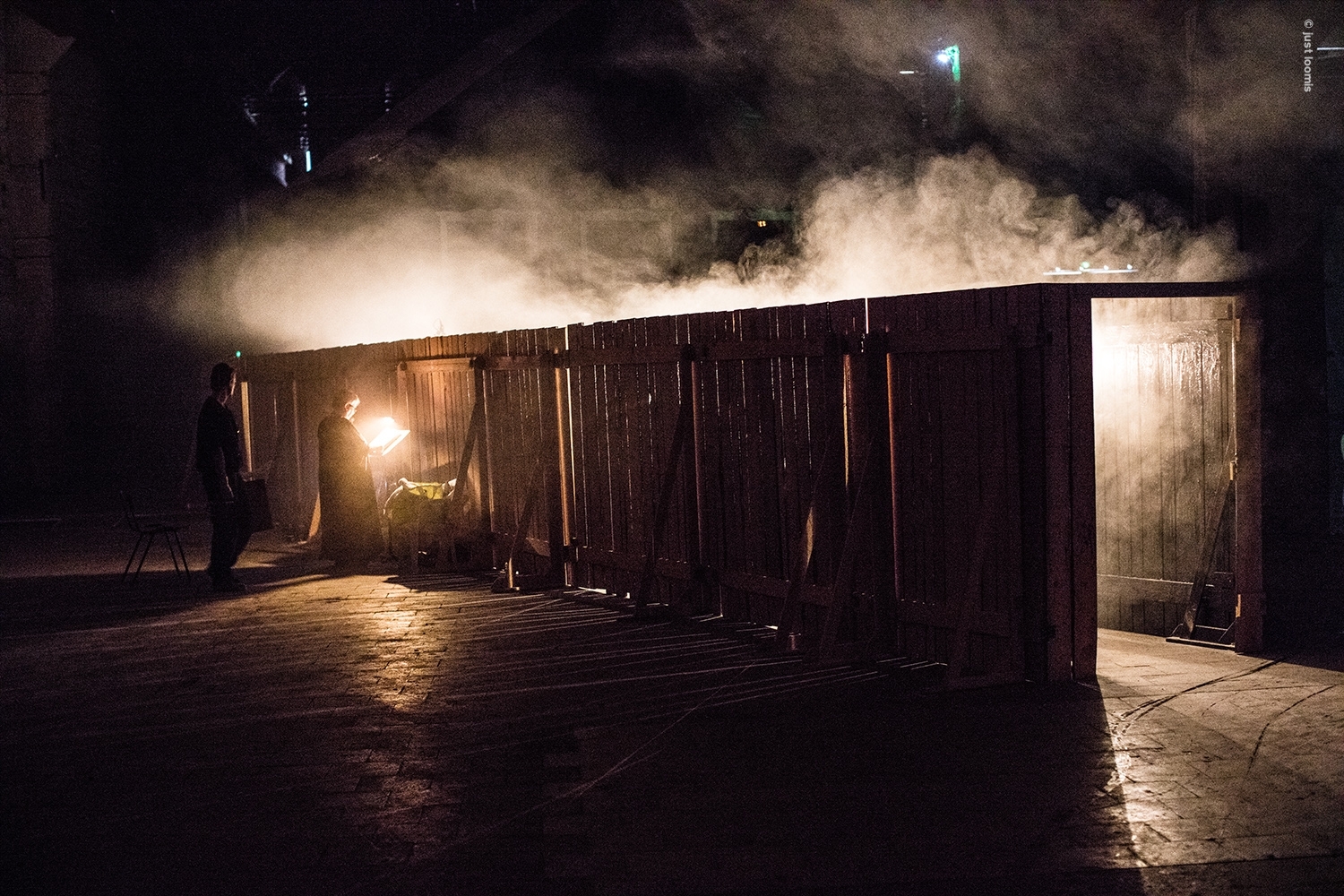


So that’s it, the story of me and Whatchamacallit. It was over. The desire was gone and, oddly though, so was reality. I should have expected to lose my sense of reality, like in the past, when your words and promises and what followed them no longer fitted into the framework I had established to understand the settings. But this time – and this will have been the last time – it was different. It was in that moment that what is called the real world, the world we were just about to understand and tear apart and also improve a little, collapsed and completely dissolved. There is nothing left of you - in terms of desire, I mean. How could you disappear before I did, I wonder. To say that you’re dead to me is not even accurate, see? Saying that is wiping away the problem, simply ignoring what’s there right in front of me: the primary phantasmatic object. You know, if someone like me, who has collected plenty of stories about all those states you and I were in, let alone the stories of two people standing in a room together one day who suddenly find it has nothing at all to do with them … I’m so reminded of this film I saw the other day. A woman walks up to a house and it almost seems that the house is sort of returning her look. There’s this vague impression that some person who does not wish to be seen is returning the look. And that’s the bottom line. We have a tendency to assume there’s always someone behind it even though we cannot see inside. We just can’t seem to accept that the returned look is an object in its own right. We always figure that there is someone contained in it! Even if it’s just a ventriloquist. That’s what we do with every person we meet all the time, don’t we. And aren’t we guessing that it’s precisely this belief which produces our own self at the same time. I always wondered why I have considered the subjectivity in you more relevant than my own anyway. It was me who was producing the subjectivity in you. During our non-psychotic lifetime, in the past, it was, like, no matter what you would say, I could hear you say it, I still saw you. No matter what you’d say, I heard you. Even if I didn’t understand your thoughts, which, frankly, I never did. But I’d like to think I did, because that’s what I used you for – constructing subjectivity. And that makes me live. Now, with you standing in front of me, I can still see your mouth moving and I am hearing sounds, yet everything is falling apart and I seem to have lost my capacity to project anything into dead objects – fill them with something, if only with the odd ventriloquist. Now, t h a t is a truly psychotic moment. Not the moments when we sat ourselves down in the kitchen and later attacked one another with knives. That was normal. That is reality. Psychotic is when I can no longer see you. When I am unable to do what is plainly as psychotic as anything, yet nonetheless constitutes our reality: produce the idea that there is a gaze and a voice behind everything. And the truth of the matter is it has to do with this peculiar experience of ours: I can see deeply into you like into a Tamagotchi, you know. Yes, I am using an ancient word here, I do admit. But when we’re dealing with matters of depth, we simply have to make use of old words. Your inner depth I see well enough from the outside, for if I could see right into you, I would see nothing at all.
Duration: 1h 40min
With: Franz Beil, Lilith Stangenberg, Martin Wuttke, Martin Gerke (Baritone), Christoph Schröter (Baritone), Deutsches Filmorchester Babelsberg, Oliver Pohl (Conductor) and Rundfunk-Kinderchor Berlin am Georg-Friedrich-Händel-Gymnasium
Director: René Pollesch
Lyrics and Composition: Dirk von Lowtzow
Arrangements and orchestration: Thomas Meadowcroft
Stage Designer: Bert Neumann
Costumes: Nina von Mechow
Light Design: Lothar Baumgarte
Sound: Christopher von Nathusius, William Minke
Video: Jens Crull
Prompter: Tina Pfurr
Dramaturgy: Anna Heesen